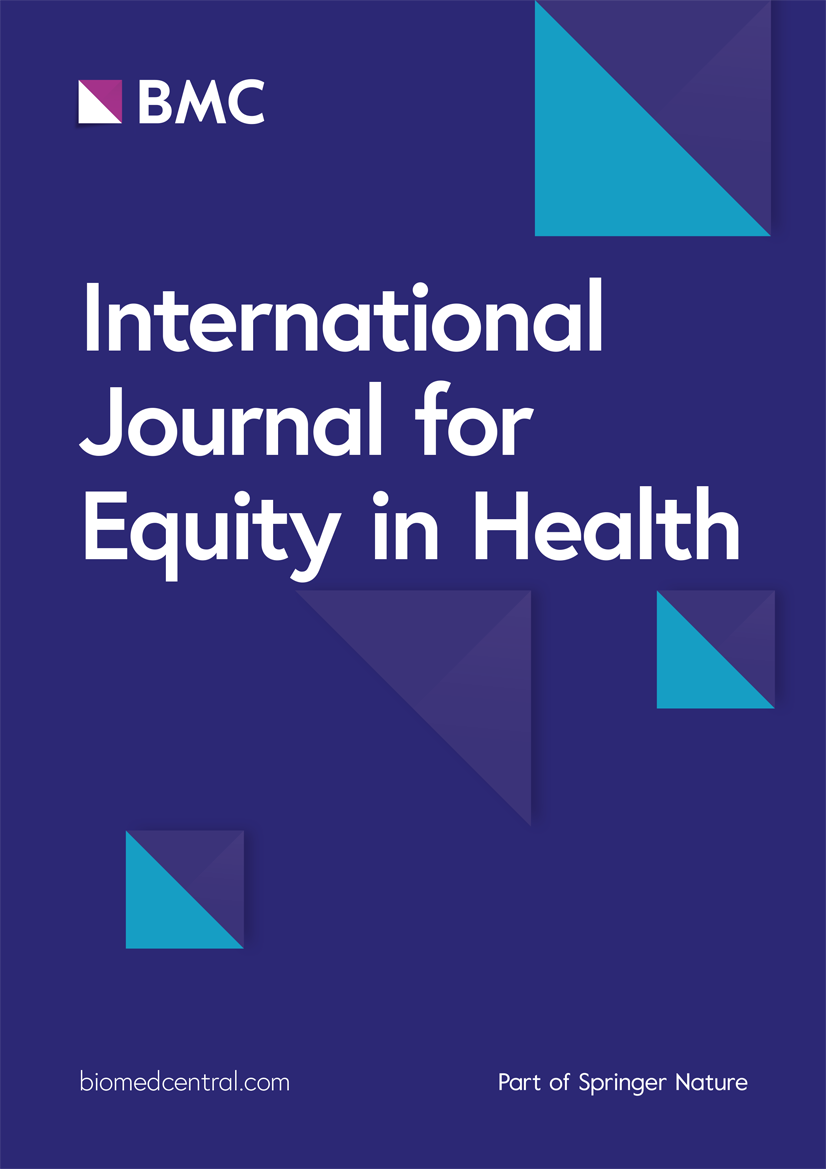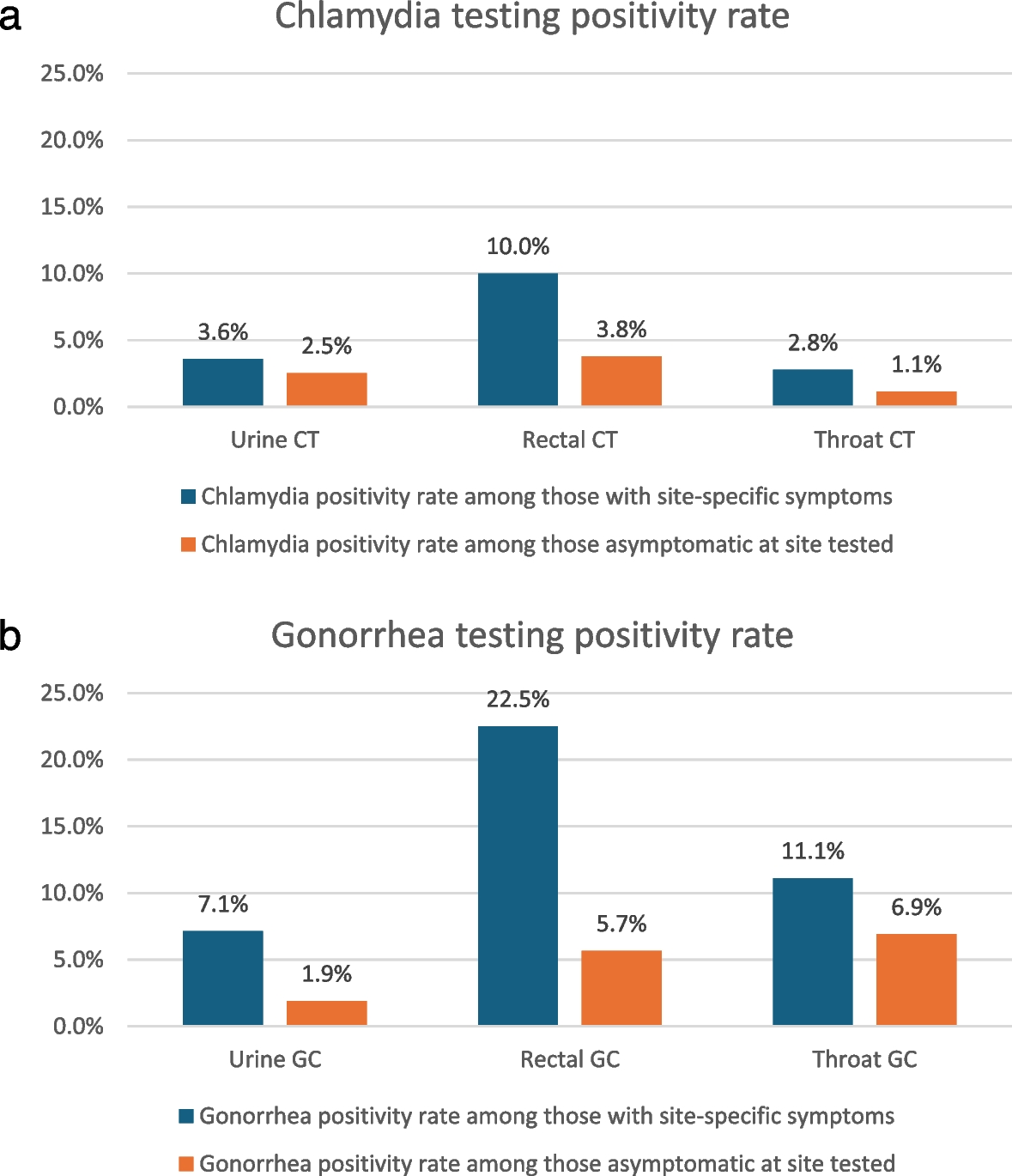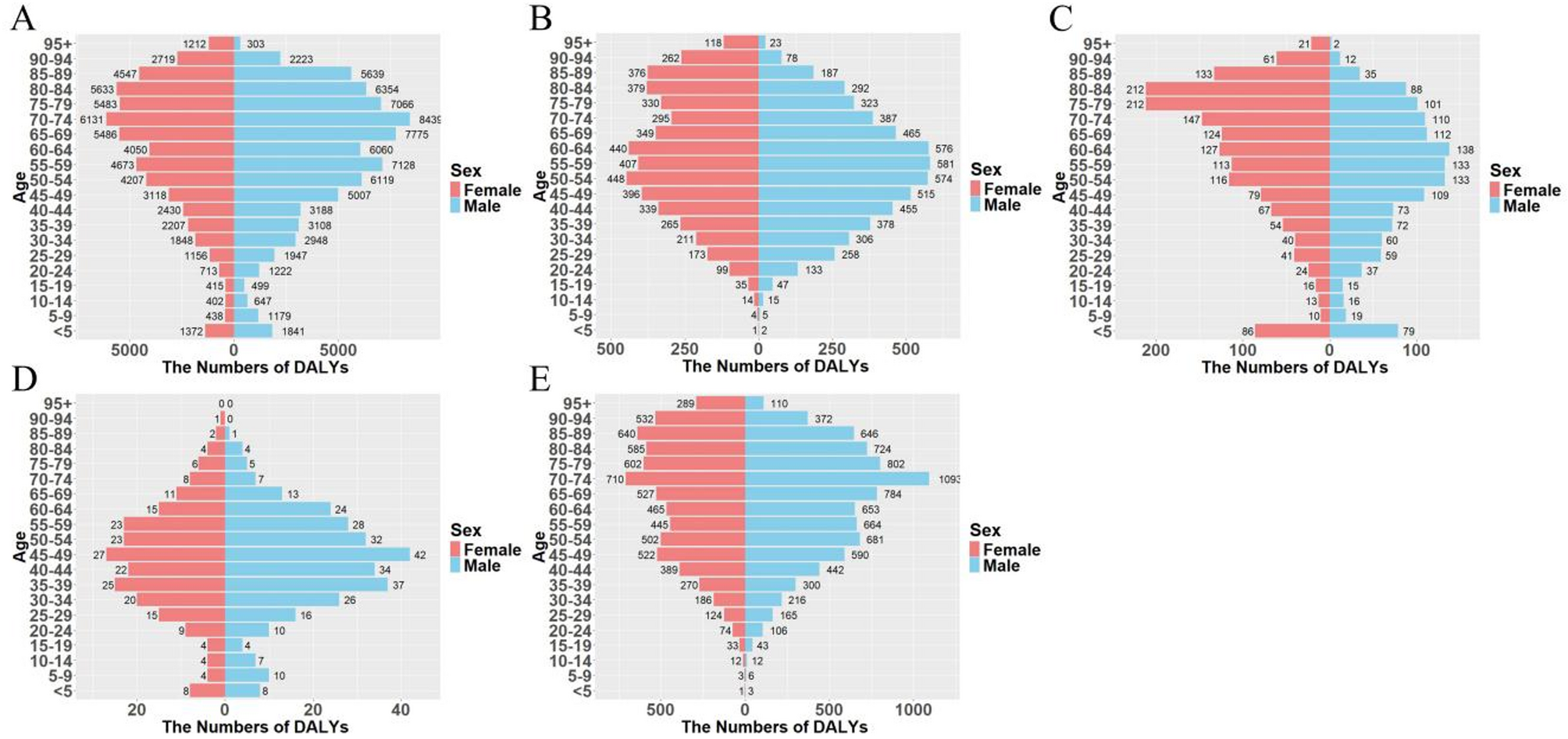As MTX continues to play a central role in the treatment of various malignancies, the balance between its therapeutic efficacy and potential toxicity must be carefully managed. Delayed MTX clearance is associated with an increased risk of AEs,…
Blog
-

R360: Where next in rugby’s civil war after Test ban hits start-up league?
“I think the battle lines have been drawn publicly and everyone knows where the unions stand,” says sports lawyer Ben Cisneros of Morgan Sports Law.
“The main thing everybody is seeking is a clearer understanding about what the competition looks…
Continue Reading
-
Hungarian 'Master of the apocalypse' Krasznahorkai wins 2025 Nobel Prize in Literature – Reuters
- Hungarian ‘Master of the apocalypse’ Krasznahorkai wins 2025 Nobel Prize in Literature Reuters
- Hungarian writer Krasznahorkai wins 2025 Nobel Prize in Literature Dawn
- Nobel Prize in literature awarded to Hungarian writer Laszlo Krasznahorkai Al…
Continue Reading
-

NBA games return to China for first time since Hong Kong pro-democracy row
The US National Basketball Association (NBA) will return to China this week for the first time since 2019.
Two pre-season games are scheduled for Friday and Sunday between the Brooklyn Nets and the Phoenix Suns at an arena in Macau’s Venetian…
Continue Reading
-

Postabortion contraception in Brazil: experience in a reference service during the covid-19 pandemic | International Journal for Equity in Health
MUSA network
Created by the Latin American Center for Perinatology (CLAP), the multicentric MUSA (Mujeres en Situacion de Aborto/ Women in Abortion Situation) Network promotes and improves care for abortion in Latin America and the Caribbean [15]. This network includes several hospitals, the sentinel centers, that might send frequently data registered in the Perinatal Computerized System (SIP), a CLAP software, that record data related to pregnancy and epidemiological monitoring. Our institution, the University of Campinas Women’s Hospital (UNICAMP), a tertiary referral hospital located in an urban setting in southeast Brazil, for cases of complications related to pregnancy in municipalities in the region and experiences an average of 250 births and 20 cases of first trimester pregnancy loss per month and has been a sentinel center of the CLAP MUSA-Network since July 2017.
The protocol of the CLAP MUSA-Network and specific methodological details for implementation of the research proposal are published elsewhere [15]. Briefly, each sentinel centers of the CLAP MUSA-Network regularly provide data on maternal morbidity in abortion, miscarriage and early pregnancy loss, methods of uterine evacuation, abortion-related complications, postabortion contraception. In addition to enable epidemiological monitoring and compares clinical changes patterns over time, representatives from all sentinel centers attended regular webinars with scientific topics to promoted changes in local context and includes evidence-based interventions that are required and recommended by WHO to improve women’s care and encourage good clinical practices for safe abortion.
Intrauterine device in postabortion contraception
The Brazilian Ministry of Health’s Technical Care Manual for abortion management that are used in health facilities recommends PAC’s provision and counseling [16]. The clinical practice in our institution follows the Eligibility Criteria established by WHO [1, 17] and all medical staff members, including medical residents in gynecology and obstetrics and the assistant doctors, had technical standards and training curriculum to insert IUDs, including in postabortion care. Registered nurses or others healthcare professionals were not allowed to perform IUD insertion, since the Brazilian Ministry of Health, in 2019, decreed that the insertion of IUDs is a medical task and therefore must only be the responsibility of physicians [18]. The recommends.
Throughout the pandemic, various clinical meetings were conducted by the MUSA team to ensure that the medical team started immediately PAC counseling during hospital admission. Thus, in 2021, a theoretical-practical in-person training was held, aimed at obstetricians and gynecologists, reinforcing the Medical Eligibility Criteria for postabortion IUD use [1, 17] (both copper-bearing IUDs [Cu-IUD] and levonorgestrel-releasing IUDs [LNG-IUD]) e reassure the insertion technique and the technical standards. Informative posters were displayed inside the operating room and in the nursing station. Additionally, explanatory materials were made available to the professionals both electronically and physically.
Study design and data collection
This cross-sectional prospective study was conducted between July 2017 and November 2022. All women admitted to our institution for postabortion care (induced abortion for any legal reason and others postabortion circumstances, as miscarriage and early pregnancy loss) and with their data inserted in the the SIP-Abortion database were included. The exclusion criteria were bleeding during pregnancy with no confirmed abortion and ectopic or molar pregnancies. Recording SIP data are collected through in-person interviews with women before hospital discharge and with revised medical records. All participants provided written informed consent and for the minors and their legal guardians, both provided informed assent and consent, respectively. The Research Ethics Committee of our institution (CEP UNICAMP) approved the study protocol (approval number: 93060618.9.1001.5404).
Before hospital discharge, the women were counseling about the available contraceptive methods in the institution (combined oral contraceptives [COCs] progesterone-only pills [POPs], combined injectable contraceptives (CICs), depot medroxyprogesterone acetate [DMPA] injectable, copper-bearing IUDs [Cu-IUD] and levonorgestrel-releasing IUDs [LNG-IUD]). The condoms and others barrier methods were offered for all women to prevent sexually transmitted infection.
For the present analysis, the dependent variable was IUD insertion after uterine evacuation and before hospital discharge in cases of spontaneous abortion or legal termination of pregnancy. The contraceptive methods were analyzed individually as oral contraceptive (COCs and POPs), injectable (CICs and DMPA), and intrauterine device [IUD] (Cu-IUD and LNG-IUD]). The independent variables were clinical and sociodemographic characteristics: abortion (legal; spontaneous), age (< 20 years; ≥20 years); literate (elementary or higher; no education); living alone (yes; no); previous births (0; 1; ≥2); previous abortions (0; 1; ≥2), planned pregnancy (yes; no), pregnancy resulting from contraceptive failure (yes; no); history of gender-violence (yes; no), presence of vulnerable factor ( woman were classified with none, one, two, or three or more less favorable social factors, according to the Commission on Social Determinants of Health [19]: being under 20 years of age; having studied at most up to elementary level; having a history of gender-based violence, living alone, unplanned pregnancy), uterine evacuation (yes; no); type of uterine evacuation (medical abortion, dilatation and curettage [D&C] and manual vacuum aspiration [MVA]), period of admission for abortion, (pre-pandemic: until March/2020; pandemic: since March/2020).
Statistical analysis
A descriptive analysis of the data was performed. Continuous variables were assessed as mean, standard deviation, median, minimum, maximum, and quartiles. For categorical variables, the relative frequencies were calculated. A Cochran-Armitage trend test with was used to evaluate the change in the trend in the occurrence of the outcome variables. To evaluate the association between IUD insertion and the independent variables, a logistic regression model was adjusted, with the significance of the coefficients assessed by the p-value, obtained through the Wald statistics associated with each parameter, as well as the confidence interval. The level of significance assumed was 5%. The software used for the analyzes was R version 4.2.1 (2022-06-23), Vienna, Austria [20].
Continue Reading
-

STI testing and diagnosis rates among patients with Mpox in 2 populous US cities, 2022 | BMC Medicine
Patient consent
This study was approved by the Columbia University Irving Medical Center Institutional Review Board, with a waiver of informed consent. This study was approved through the Committee for the Protection of Human Subjects at UTHealth,…
Continue Reading
-
Access Denied
Access Denied
You don’t have permission to access “http://www.cpsc.gov/Recalls/2026/Bellabu-Bear-Recalls-Childrens-Robes-Due-to-Burn-Hazard-Violates-Mandatory-Standards-for-Childrens-Sleepwear” on this server.
Reference #18.dbb31402.1760018889.686beb2
https://errors.edgesuite.net/18.dbb31402.1760018889.686beb2
Continue Reading
-
Access Denied
Access Denied
You don’t have permission to access “http://www.cpsc.gov/Recalls/2026/Generic-Magnetic-Ball-Sets-Recalled-Due-to-Risk-of-Serious-Injury-or-Death-from-Magnet-Ingestion-Violates-Mandatory-Standard-for-Toys-Sold-on-Amazon-by-Ritons” on this server.
Reference #18.dbb31402.1760016844.60e684f
https://errors.edgesuite.net/18.dbb31402.1760016844.60e684f
Continue Reading
-

The burden of inflammatory bowel disease in five East Asian countries an analysis based on the global burden of disease study 1990–2021 | BMC Gastroenterology
This study identified significant disparities in the burden of IBD across five East Asian countries, with a distinct correlation between these variations and each country’s socioeconomic development level (SDI) level. Through comparative…
Continue Reading
-

Spotify’s New In-App Experience Lets You Rank Your Favorite Ariana Grande Songs — Spotify
Ariana Grande fans, the moment has arrived. Whether you’ve loved Ariana since her Yours Truly days or have been streaming eternal sunshine on repeat, you now have the chance to…
Continue Reading
